A cervical collar is typically made from a firm, supportive material such as foam, plastic, or a combination of both. It is designed to fit around the neck, providing immobilization to the cervical spine. The collar is usually adjustable to ensure a snug and comfortable fit. Cervical collars vary in design, depending on their intended use, ranging from soft collars (providing mild support) to rigid collars (providing more robust immobilization).
There are two main types of cervical collars:
- Soft Cervical Collars: These are made of foam and provide light support. They are often used to alleviate mild neck pain caused by conditions such as muscle strain or soft tissue injuries.
- Rigid Cervical Collars: These collars are made of harder materials, such as plastic, and provide stronger immobilization. They are typically used for more severe neck injuries or after surgery to prevent the neck from moving.
Advantages
Cervical collars offer several benefits in managing neck injuries and disorders:
- Neck Immobilization: The primary advantage of a cervical collar is its ability to immobilize the neck. This helps to limit the range of motion and prevents further injury to the spinal cord and surrounding tissues, especially in emergency situations or after surgery.
- Pain Relief: By stabilizing the neck, cervical collars help reduce pain caused by muscle strain, ligament injuries, or cervical disc problems. They can alleviate the discomfort of movement and offer support during healing.
- Prevention of Further Injury: A cervical collar prevents the neck from moving unnaturally, reducing the risk of aggravating injuries like fractures, dislocations, or herniated discs.
- Post-Surgery Recovery: After cervical spine surgery, a cervical collar helps to keep the neck in the correct position, allowing the healing process to occur without complications.
- Support During Rehabilitation: For patients undergoing physical therapy or rehabilitation, a cervical collar can offer support and comfort during exercises or daily activities that require neck movement.
- Ease of Use: Cervical collars are relatively easy to apply and remove. They are lightweight and can be worn for extended periods without causing significant discomfort.
Features
Cervical collars come with various features that cater to specific needs:
- Adjustable Straps: Most cervical collars feature adjustable straps that allow users to customize the fit based on neck size and comfort. This ensures proper support for different body types.
- Padding and Comfort Linings: Soft collars may have padded linings for added comfort. These linings reduce pressure points, ensuring that the device can be worn for longer periods without causing discomfort or irritation.
- Breathability: Some cervical collars are designed with ventilation holes or breathable fabric to enhance airflow and prevent heat buildup, reducing the likelihood of sweating or skin irritation.
- Different Heights and Thicknesses: Cervical collars come in various heights and thicknesses to offer different levels of support. Some may be taller for more severe immobilization, while others are shorter for mild support.
- Lightweight and Portable: Many cervical collars are designed to be lightweight and easy to carry, which is particularly useful for people who need to use them for extended periods.
- Durability: Rigid collars are often made from durable materials like plastic or thermoplastic, ensuring long-term effectiveness, especially in cases of significant neck injuries.
Cervical collars are valuable medical devices that provide essential support for the neck and cervical spine. Whether used for emergency care, post-surgical recovery, or managing neck pain, these collars play a critical role in stabilizing the neck, alleviating pain, and preventing further injury. With different types and designs available, they cater to a wide range of medical conditions and needs, ensuring that individuals receive the appropriate level of care. By limiting movement and providing structure to the neck, cervical collars contribute to faster healing, better outcomes, and improved comfort for patients with neck-related injuries or conditions.


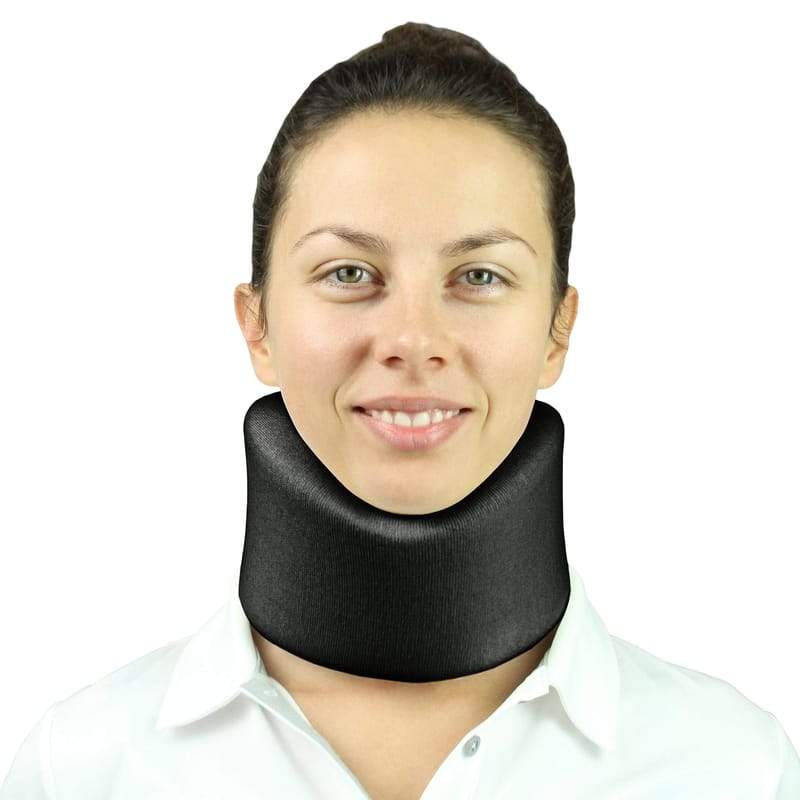
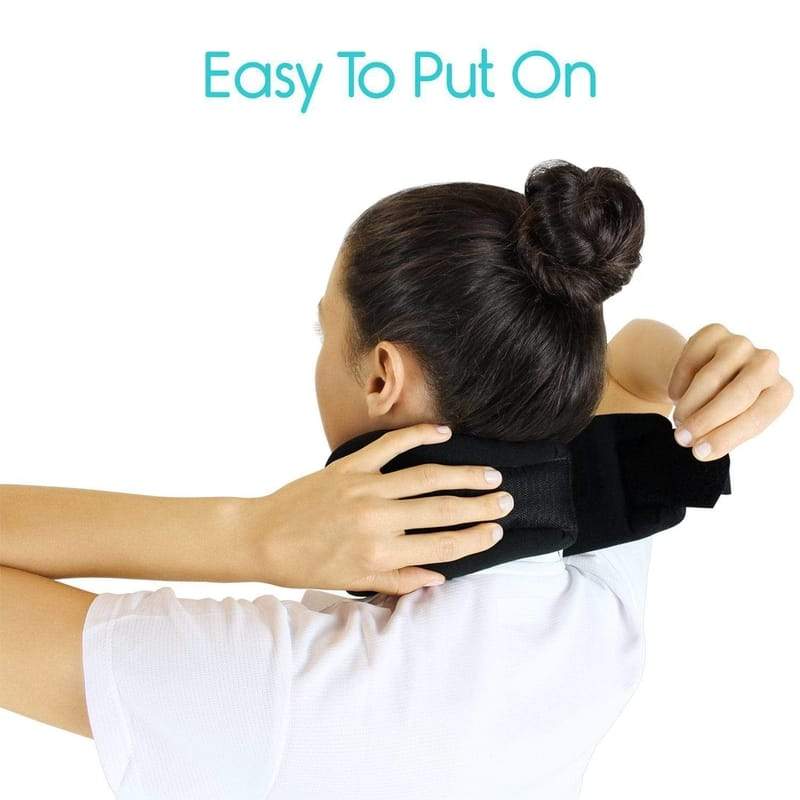
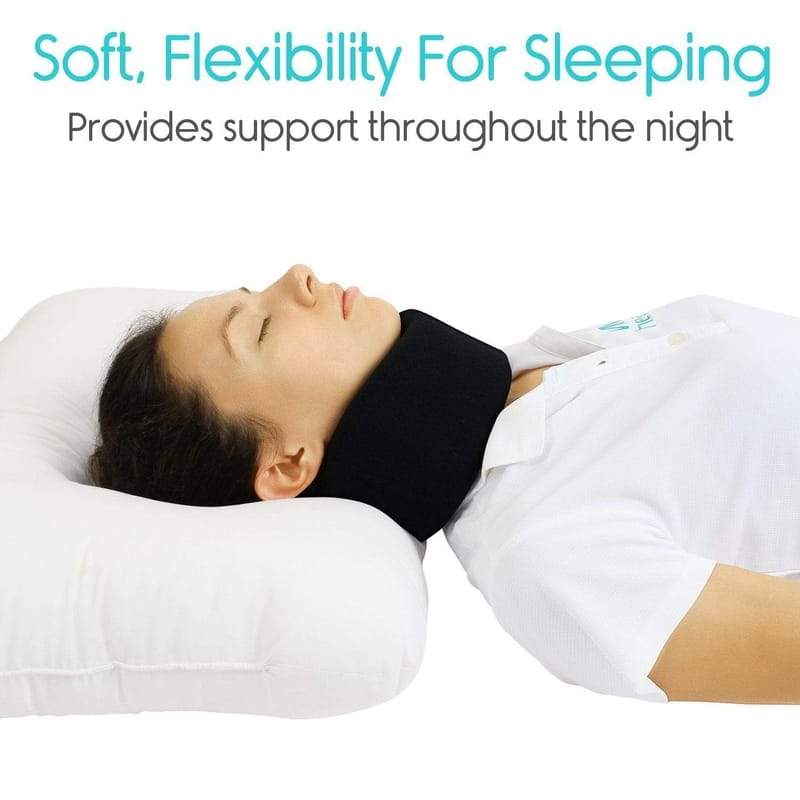
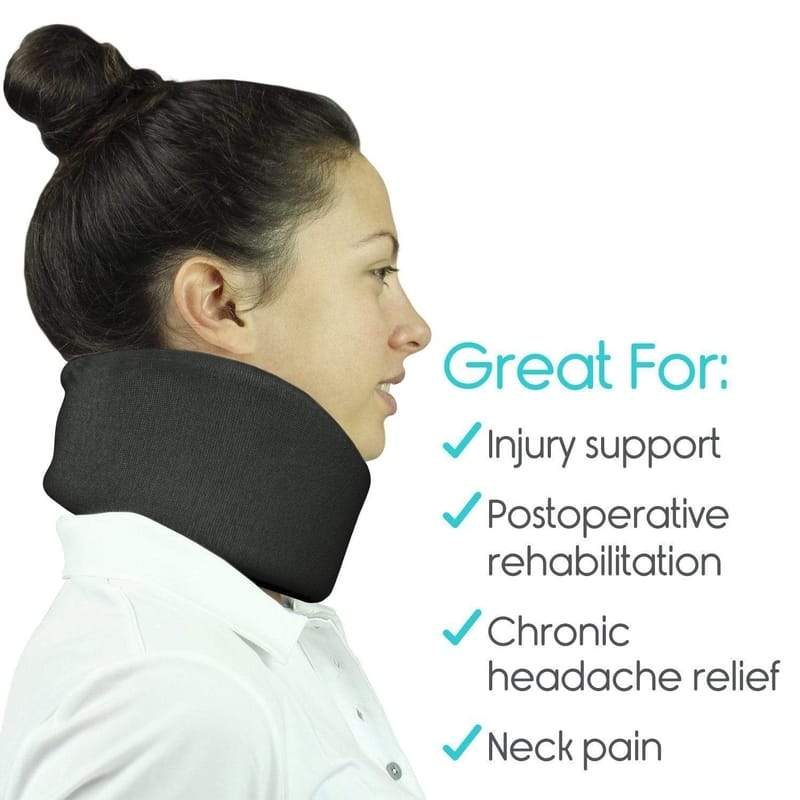
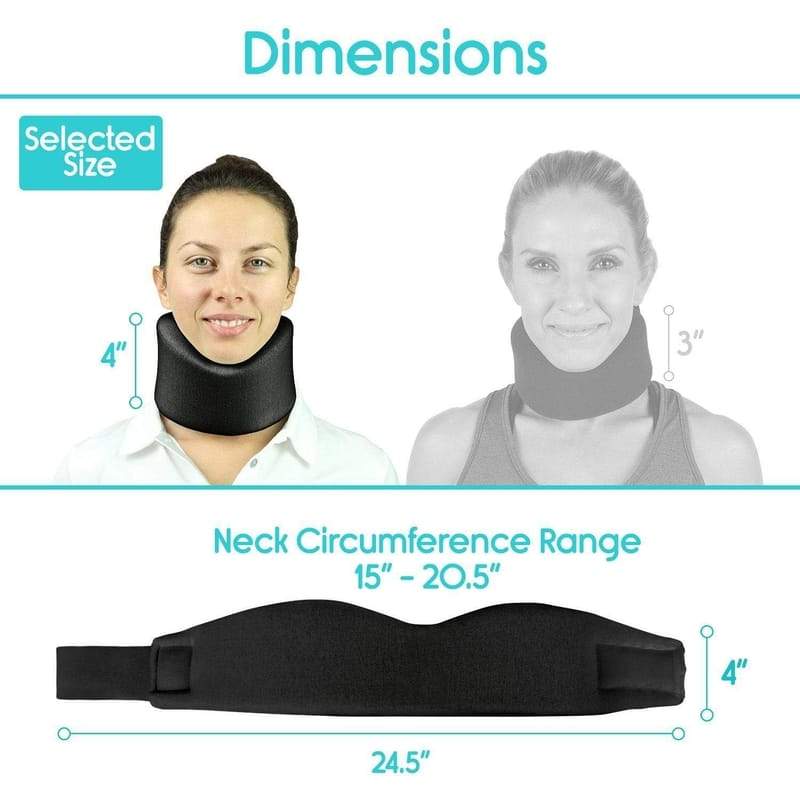
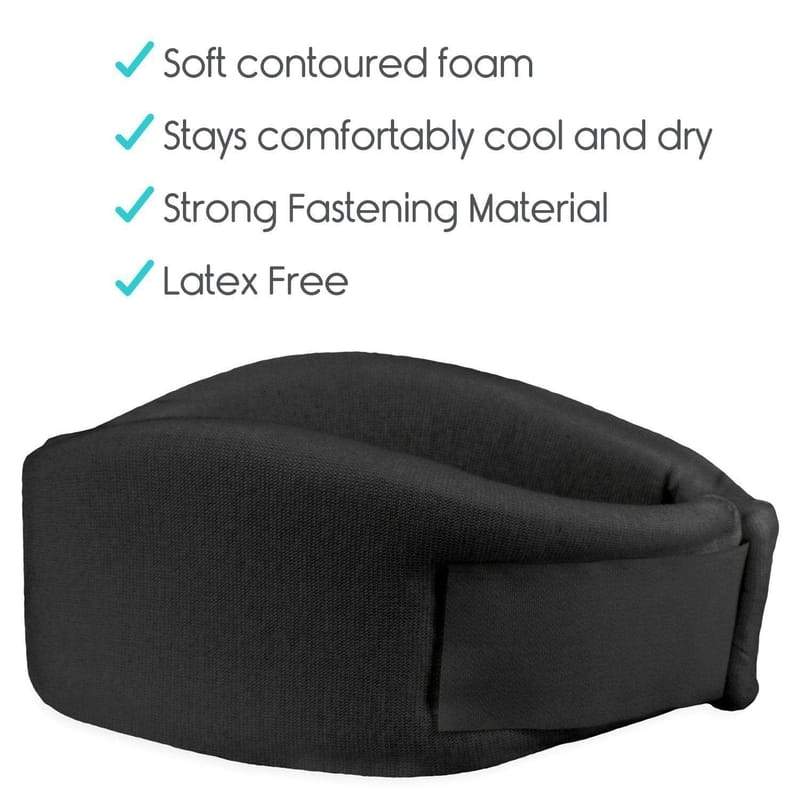
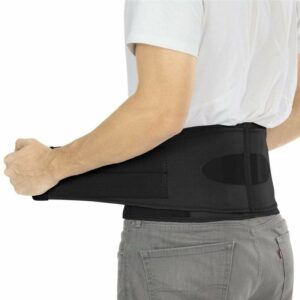
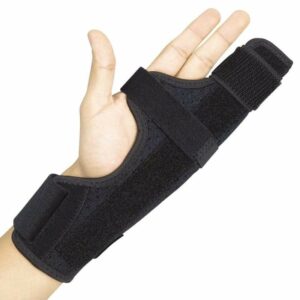
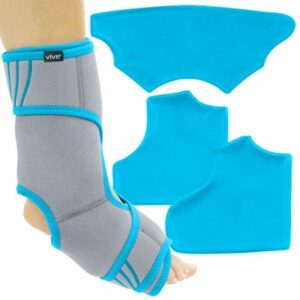
Reviews
There are no reviews yet.